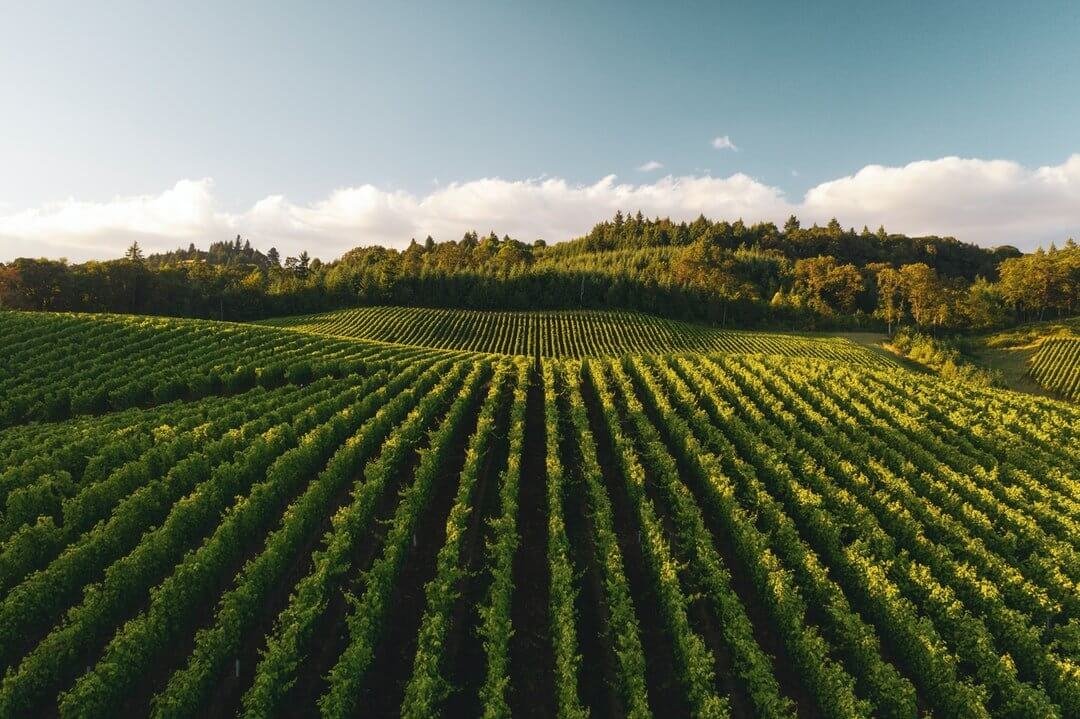6 Ways GTF Helps the Planet
We admit that improving the earth is a pretty lofty goal. But we think it can be done. Here’s how GTF can help:
1. Reduce food waste
Over one-third of all food and about ½ of all fruits and vegetables produced are thrown out. Food waste is the single largest contributor to landfills. Breaking it down further, nearly 90% of the surplus in food processing is byproduct: peels, stems, pomace, and seeds, much of which is not only edible but nutritious and valuable. We help food producers, processors, and juicers reduce waste by converting their side streams and overproduced/irregular yields into valuable powders.
2. Lower greenhouse gas emissions
When food is landfilled and then covered with more trash, it doesn’t have a chance to decompose naturally and instead produces methane, a gas 84 times more potent than carbon dioxide. If we can divert food from landfills, we can reduce all the associated GHGs.
In addition, GHGs are produced when transporting heavy, moisture-laden produce from processor to dryer to mill to landfill or back to farm for livestock or fertilizer. If this food material could be powderized on-site at the source, it would weigh 90% less, dramatically reducing transportation emissions.
3. Less reliance on fossil fuels
Traditional food drying methods use copious amounts of natural gas and energy to operate. The RENU System is 100% electric and, because of its speed and low operating temperatures, uses far less energy overall.
4. More efficient farming
About 33% of food that’s grown is either unharvested or left on the fields because it wouldn’t meet buyers’ specifications or consumers’ expectations. And around 21% of all water used in the U.S. and 18% of cropland is dedicated to food that will never get eaten 4. But if we could stabilize that food on the farm by powderizing it and using those powders in other foods or different applications, we would waste less of the food and all the resources – soil, acreage, water, fertilizer, and labor – associated with growing it.
5. Produce new nutrient-dense food sources
The entire world could be fed on 25% of all food grown/produced. So, world hunger isn’t a problem of production; it’s one of efficient distribution before spoilage. Furthermore, some of the best nutrients in fruits and vegetables are found in their peels, pits, seeds, and pulp, which get thrown out when they’re processed or juiced. Our technology rescues these valuable unused parts and upcycles them into powders. Due to its speed and low operating temperatures, it retains virtually all the original nutrients. Our RENU System stabilizes food immediately to stop the rot. In powder form, nutrient-dense food can be quickly and affordably transported and kept for years, ready for whenever and wherever it’s needed.
6. Make sustainability more profitable for food producers
Usually, sustainability programs cost money and lower profitability for food producers and processors, which makes them difficult to justify financially. But if food manufacturers can cut waste, reduce energy use, meet government mandates, and produce new revenue sources with the powders they produce, they'll be much more apt to adopt measures to improve the environment. Powders produced by our RENU system are valuable in a myriad of markets, including food ingredients, vitamins/nutraceuticals, RTE upcycled foods, beverages, coloring/flavoring agents, spices, pet foods, and biomaterials – and we can help connect powder producers to powder buyers and consumers.

